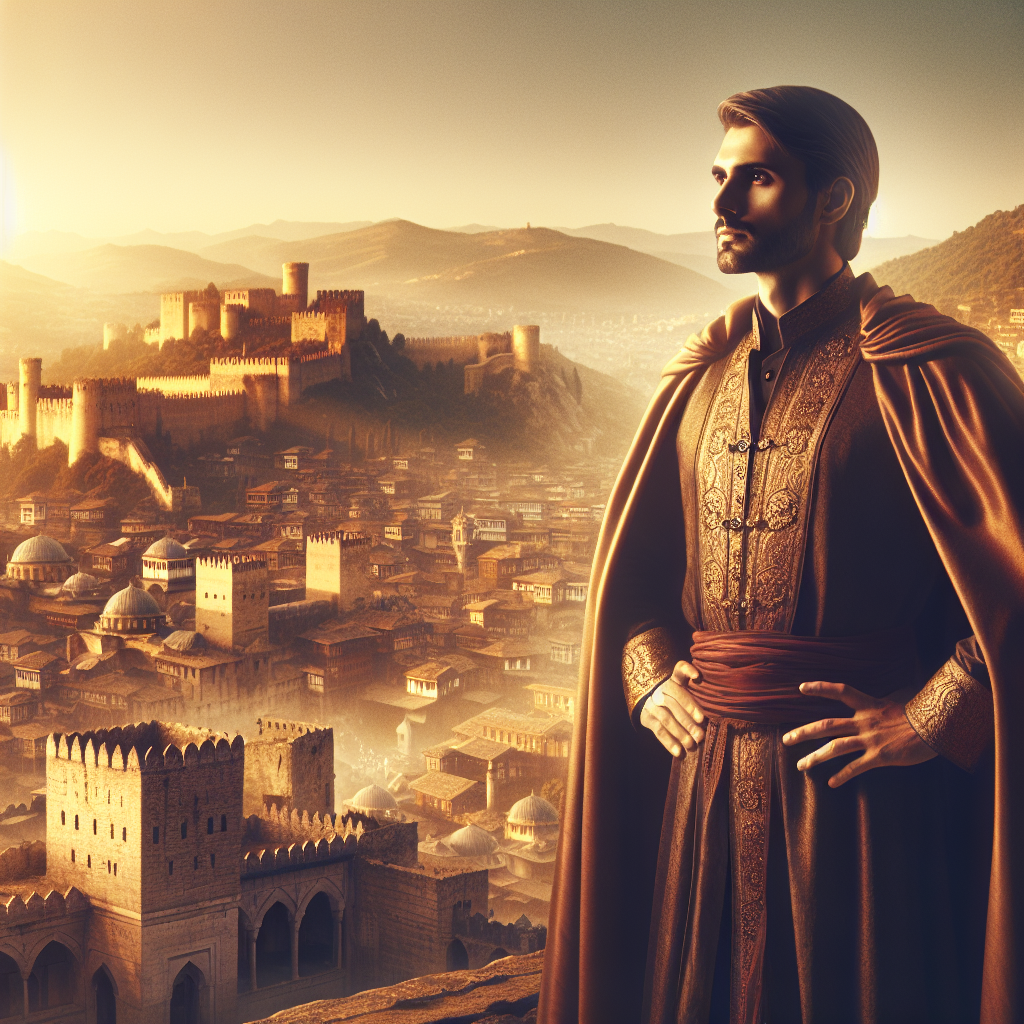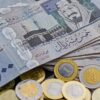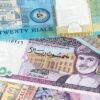The Final Days of Salah ad-Din and the Legacy of a Sultan
History is filled with figures whose legacies extend far beyond the stories of their time. Among these figures stands Salah ad-Din, known in the West as Saladin, whose leadership and vision left an indelible mark on the medieval world. While his life was a testament to strategic brilliance and magnanimity, it is in the reflection of his final days that we find a profound understanding of his legacy.
The Humble Origins of a Sultan
Salah ad-Din was not born into power. He hailed from humble beginnings, and his rise to prominence was nothing short of extraordinary. Born in Tikrit in 1137, he spent much of his early life in a region marked by political upheavals. Despite this, he rapidly ascended through the ranks of the military due to his unmatched acumen.
His early career saw him serving under his uncle, Shirkuh, a seasoned military commander. Salah ad-Din’s skills in battle and his diplomatic prowess came to the fore during the campaigns in Egypt. Here, he steadily earned the trust and favor of his superiors and, eventually, the position of vizier of Egypt. His humility and dedication to his people would lay the foundation for his rule as sultan.
Under his leadership, Egypt flourished. Salah ad-Din took significant strides in unifying the Muslim world against the Crusaders, a feat that would shape the course of history. His military successes were matched only by his kindness and fairness as a ruler.
Prowess in Battle and Strategy
Salah ad-Din’s reputation as a military strategist was unmatched. His keen insights and tactical brilliance were evident in the numerous battles he led, most notably the Battle of Hattin in 1187. This decisive victory against the Crusaders paved the way for the recapture of Jerusalem, a city of profound importance to Muslims, Christians, and Jews alike.
His approach to warfare was not merely about conquest. Salah ad-Din was known for his chivalry and compassion, even towards his enemies. He displayed unparalleled mercy during the capture of Jerusalem, sparing the lives of its inhabitants and allowing them to leave peacefully.

The Sultan’s strategic genius extended beyond the battlefield. He fostered alliances across the Muslim world, striving to unite factions under a common cause. This unity significantly bolstered the Muslim resistance against the Crusader states, ensuring a formidable front in the campaigns that followed.
Governance and Reforms
Salah ad-Din’s influence was not confined to the battlefield. His leadership within his territories was marked by a commitment to justice and reform. He sought to establish a governance system rooted in fairness and efficiency, aligning with the principles of Islam.
His reforms in Egypt and Syria aimed to enhance agricultural productivity and streamline the administrative processes. These measures helped stabilize the economy and improve the living standards of his subjects. Salah ad-Din’s focus on education and religious infrastructure further entrenched his legacy as a leader dedicated to the prosperity of his people.
The Sultan’s governance style, characterized by benevolence and integrity, set a standard for rulers who followed. Under his rule, both Muslims and non-Muslims found a sense of security and stability, a testament to his inclusive approach to leadership.
A Visionary Beyond the Sword
While Salah ad-Din is often celebrated for his military achievements, his vision extended far beyond the sword. He was a patron of the arts and scholarship, fostering a cultural renaissance within his realm. His courts became centers of learning, attracting scholars, poets, and thinkers from across the Islamic world.
His devotion to the intellectual and spiritual well-being of his people was evident in the libraries and schools he established. Salah ad-Din understood the power of knowledge in shaping society, and he actively encouraged the exchange of ideas and dialogue.
In doing so, he nurtured an environment where creativity and innovation could thrive. His emphasis on education and cultural development laid the groundwork for advancements in various fields, including mathematics, astronomy, and medicine.
Personal Traits That Defined His Leadership
Central to Salah ad-Din’s enduring legacy were the personal traits that defined his leadership. His humility, piety, and unwavering dedication to the welfare of his people set him apart from his contemporaries. Even in the face of success, he remained grounded and committed to his values.
His humility was reflected in his simple lifestyle. Despite his power and influence, Salah ad-Din lived modestly, prioritizing the needs of his people over personal luxury. This selflessness endeared him to his subjects and earned him admiration from both friends and foes.
Salah ad-Din’s piety was also a driving force behind his actions. His faith guided his decisions, fostering a leadership style that was compassionate and just. He maintained a deep respect for all faiths, exemplified by his treatment of Christian and Jewish communities within his territories.
The Last Days of the Sultan
The final days of Salah ad-Din were marked by reflection and fulfillment. Despite his numerous accomplishments, he remained acutely aware of the transience of power and the inevitability of death. In 1193, he fell ill and passed away in Damascus at the age of 55.
Even in death, Salah ad-Din’s humility was evident. He left behind no material wealth, having given away most of his possessions in charity. His modesty in life carried over into his legacy, solidifying his status as a revered and respected leader.
His passing marked the end of an era, but his influence continued to resonate. Salah ad-Din’s principles of unity, justice, and compassion left an indelible mark on the Muslim world and beyond.
Reflections on Leadership and Legacy
Reflecting on Salah ad-Din’s life and legacy offers valuable insights into effective leadership. His ability to balance strength with compassion, authority with humility, and tradition with innovation serves as a timeless example for leaders across generations.
His legacy endures in the hearts and minds of those who value justice, unity, and peace. The vision he championed transcends time, reminding us that true leadership is rooted in service and sincerity.
In contemplating Salah ad-Din’s impact, we are reminded of the profound difference one individual can make in shaping history. His life stands as a testament to the power of integrity, reminding us to lead with purpose and conviction.
Conclusion
The story of Salah ad-Din is a narrative of strength, wisdom, and profound humanity. His life serves as an inspiring testament to the qualities that define great leadership. Through his strategic genius and unwavering commitment to justice, he enriched not only the Islamic world but also the broader tapestry of history.
Salah ad-Din’s legacy challenges us to pursue a vision that transcends our immediate ambitions, striving for a world built on the principles of compassion, unity, and peace. For those seeking to explore this remarkable figure further, numerous resources and historical accounts offer deeper insights into the life and times of this extraordinary leader.
In the spirit of Salah ad-Din, may we endeavor to embody the values he cherished, fostering a world that reflects his timeless ideals.












